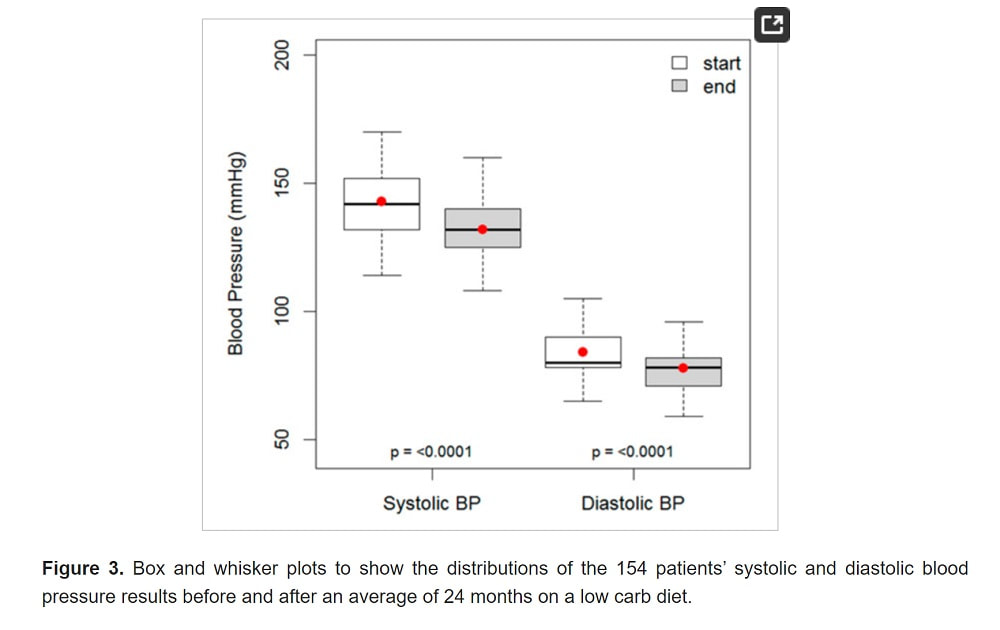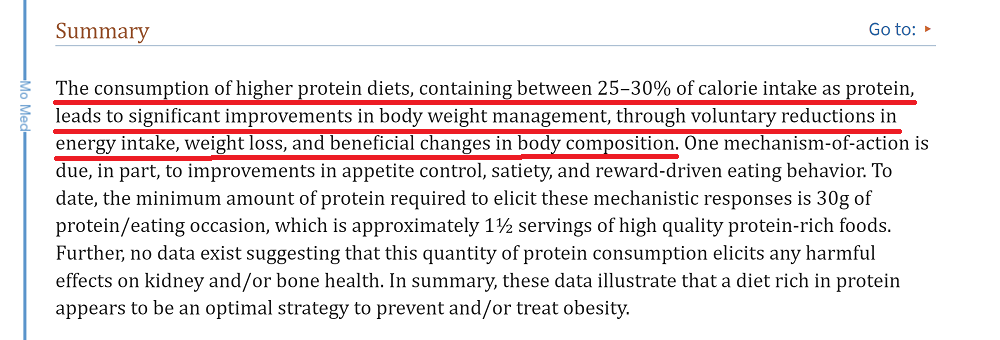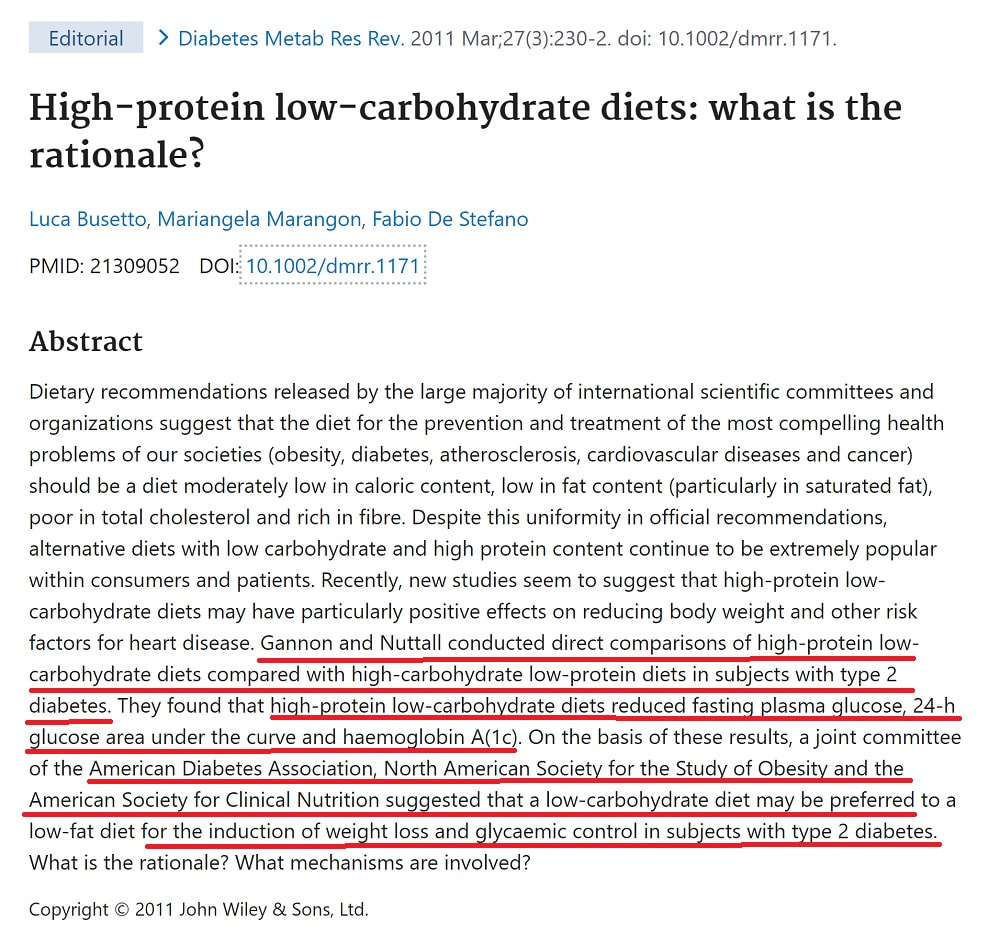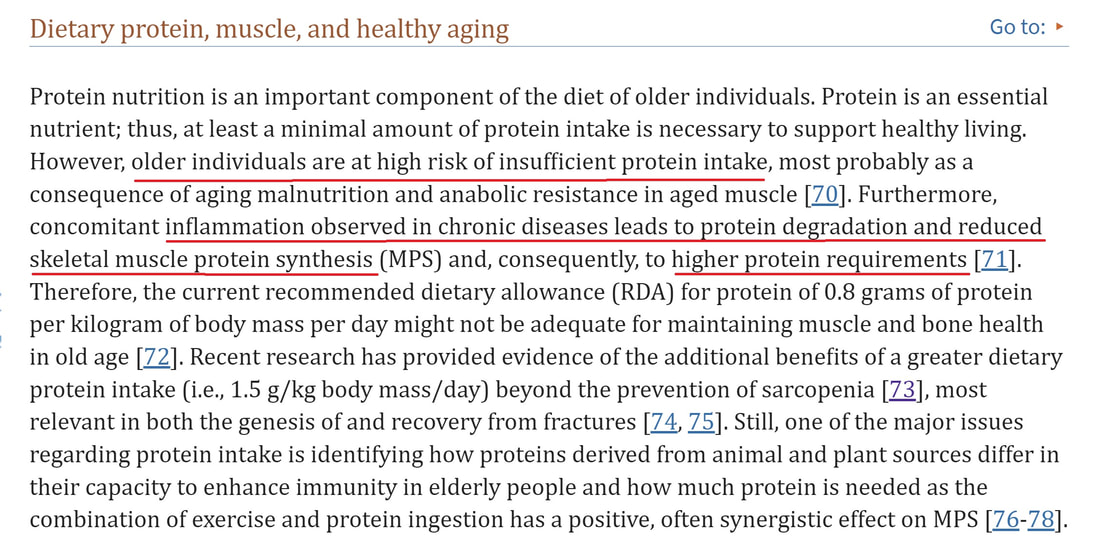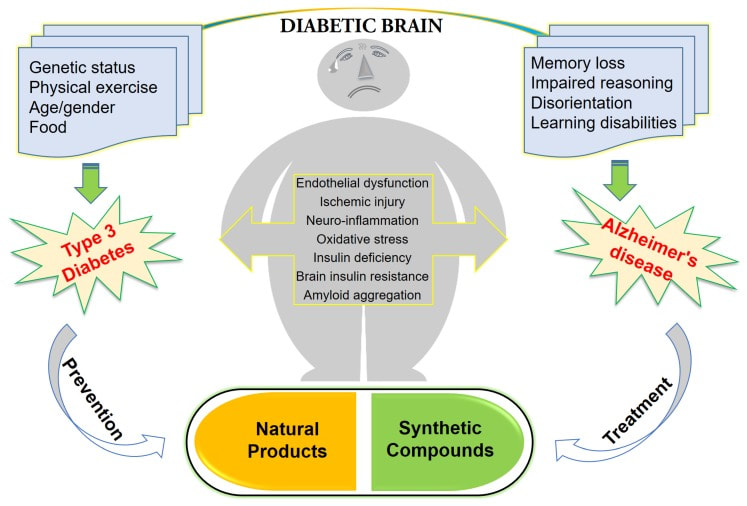|
THE COMPLETE
CARNIVORE DIET GUIDE
Learn how to lose weight, fix your gut and cure autoimmune symptoms with our free Carnivore Diet guide.
|
|
Are you searching for the key to a longer, healthier life? Look no further than the carnivore diet. While the idea of exclusively consuming meat may seem unconventional, this dietary approach is gaining traction for its potential to unlock the secrets of longevity. By focusing on high-quality animal products and eliminating all plant-based foods, the carnivore diet aims to optimize our health by providing essential nutrients and reducing inflammation. This article will explore the science behind longevity, the carnivore diet, and how it can improve overall well-being. Whether you're a health enthusiast looking to optimize your nutrition or simply curious about alternative dietary lifestyles, join us on this journey of discovery as we explore the potential benefits of the carnivore diet in promoting a longer, healthier life. Get ready to challenge conventional wisdom and embrace a new perspective on nutrition that may revolutionize your approach to longevity. The History of the Carnivore Diet The carnivore diet may seem like a recent trend, but its origins can be traced back to our ancient ancestors, the Homo Sapiens. Once humans could control the fire, they started eating animals. They reduced the amount of fruit their ancestors had been eating and became hunter-gatherers who consumed a diet rich in animal protein, fat, and organs. It wasn't until the advent of agriculture that our diets shifted to include more plant-based foods. However, proponents of the carnivore diet argue that our bodies are better adapted to thrive on a primarily animal-based diet, as it closely mimics the eating patterns of our early ancestors. By understanding the historical context of the carnivore diet, we can better appreciate its potential benefits in promoting longevity. The modern resurgence of the carnivore diet can be attributed to the work of influential figures such as Dr. Shawn Baker and Dr. Paul Saladino. These doctors have been at the forefront of promoting the carnivore diet to optimize health and longevity. Their research and personal experiences have sparked a growing interest in this dietary approach, leading many individuals to adopt the carnivore diet and experience its potential benefits firsthand. Benefits of the Carnivore Diet for Longevity One of the primary benefits of the carnivore diet is its potential to promote longevity. By eliminating plant-based foods, which can be a source of inflammation and allergens for some individuals, the carnivore diet aims to optimize our health at a cellular level. Higher Nutrient Density Animal products, particularly high-quality, grass-fed meat, are packed with essential nutrients such as vitamins, minerals, and amino acids vital for our overall well-being. These nutrients provide the building blocks for our cells, tissues, and organs, supporting optimal function and repair mechanisms. For example, a 3-oz serving of lean beef covers 48% of the recommended daily protein intake while only covering 8% of the daily calories. According to the USDA's Agricultural Research Service, other micronutrients like vitamins B12, B6, Selenium, Choline, Zinc, and Iron are also found in high quantities. Supports Healthy Blood Pressure Furthermore, the carnivore diet is low in carbohydrates and devoid of processed foods, common culprits of chronic diseases such as obesity, diabetes, and heart disease. By reducing our intake of these harmful substances, we can lower our risk of developing these conditions by lowering blood pressure and, as a result, improve our overall healthspan. Citation:_ Unwin, D. J., Tobin, S. D., Murray, S. W., Delon, C., & Brady, A. J. (2019). Substantial and Sustained Improvements in Blood Pressure, Weight and Lipid Profiles from a Carbohydrate Restricted Diet: An Observational Study of Insulin Resistant Patients in Primary Care. International Journal of Environmental Research and Public Health, 16(15), 2680. https://doi.org/10.3390/ijerph16152680 Aids Fat Loss via Managing Satiety Levels The carnivore diet has been shown to affect weight management positively. By focusing on nutrient-dense animal foods, the carnivore diet can promote satiety and reduce cravings, making it easier to maintain a healthy weight. Excess weight is a known risk factor for numerous health conditions. We can improve our long-term health outcomes by managing our weight through the carnivore diet. Aids Weight Loss and Cardiovascular Markers Critics of the carnivore diet often question its validity due to the lack of long-term scientific studies. However, emerging research and anecdotal evidence provide some support for its potential benefits. Scientists found that a low-carb, high-protein diet is effective in inducing favorable changes in cardiovascular markers in patients with Type 2 Diabetes and Obesity, so much so that a joint committee of the American Diabetes Association, North American Society for the Study of Obesity, and the American Society for Clinical Nutrition suggested that low-carb, high-protein diet should be prescribed to these patients to help them start losing weight and manage their blood glucose levels better. While this study did not specifically focus on the carnivore diet, it provides insight into the potential benefits of a low-carbohydrate, high-protein dietary approach. Promotes Retaining Muscle Mass in Older Adults As people age, maintaining muscle mass becomes increasingly essential not only for their physical appearance but also for their overall health. The decline in muscle mass and function, known as sarcopenia, is associated with an increased risk of falls, fractures, loss of independence, and premature death. However, research has shown that increased protein intake and strength training can help prevent sarcopenia and promote longevity in older adults. According to a study published in Aging and Disease, older adults are at a higher risk of insufficient protein intake. Also, they might need more due to chronic diseases that reduce skeletal muscle protein synthesis. In other words, ensuring adequate, even high protein intake as we age is essential to provide our body with the nutrition to hold onto muscle. The study also found that resistance training is crucial to a well-rounded exercise plan for longevity. The carnivore diet can be an excellent option for older adults looking to increase their protein intake. As a high-protein, low-carb diet, the carnivore diet emphasizes consuming animal-based foods such as meat, fish, eggs, and dairy. By relying on these protein-rich foods, older adults can easily meet or exceed the recommended daily protein intake. Moreover, the high bioavailability of protein from animal sources means that the protein is more easily absorbed and utilized by the body, making it an efficient way to promote muscle mass and prevent sarcopenia in older adults. May Decrease the Risks of Alzheimer's In recent years, there has been increasing evidence linking Type 2 Diabetes with Alzheimer's disease. Some researchers have begun referring to Alzheimer's disease as Type 3 Diabetes due to the strong association between the two conditions. Type 2 Diabetes affects how the body processes sugar, leading to high blood glucose levels. Similarly, research has shown that people with Alzheimer's disease have reduced insulin sensitivity in the brain, which affects the brain's ability to use glucose for energy. This reduced insulin sensitivity is thought to contribute to the progressive neurodegeneration and cognitive decline characteristic of Alzheimer's disease. Nguyen, T. T., Hoai Ta, Q. T., Oanh Nguyen, T. K., Dung Nguyen, T. T., & Giau, V. V. (2020). Type 3 Diabetes and Its Role Implications in Alzheimer's Disease. International Journal of Molecular Sciences, 21(9). https://doi.org/10.3390/ijms21093165 Furthermore, some studies have suggested that a high-fat, high-carbohydrate diet may contribute to the development of both Type 2 Diabetes and Alzheimer's disease by increasing inflammation, oxidative stress, and insulin resistance in the body. Therefore, following a diet low in carbohydrates and high in healthy fats and protein, such as the carnivore diet, may help reduce the risk of developing Type 2 Diabetes and Alzheimer's disease. How the Carnivore Diet Promotes Overall Health The carnivore diet promotes overall health by providing our bodies with the essential nutrients they need to thrive. Animal products, especially grass-fed and pasture-raised meats, are rich in high-quality protein, healthy fats, vitamins, and minerals. These nutrients support our immune system, brain function, hormone production, and muscle repair. By consuming nutrient-dense animal foods, we can ensure our bodies receive the necessary building blocks for optimal health and longevity. Moreover, the carnivore diet eliminates potentially inflammatory plant-based foods like grains, legumes, and certain vegetables. While plants contain beneficial compounds, they can also be sources of anti-nutrients and allergens for some individuals. By removing these potential triggers, the carnivore diet can help reduce inflammation and improve gut health, critical factors in overall well-being. It is important to note that the carnivore diet is not a one-size-fits-all approach. Each individual has unique nutritional needs and tolerances, so listening to your body and adjusting is essential. Some people may thrive on a strict carnivore diet. In contrast, others may benefit from a more flexible approach that includes fruits and occasionally other carbs. Experimentation and self-awareness are key when embarking on any dietary lifestyle, including the carnivore diet. Success Stories of Carnivore Diet Followers While the carnivore diet may seem unconventional, there are numerous success stories and testimonials from individuals who have experienced significant improvements in their health and well-being. These stories provide valuable insights into the potential benefits of the carnivore diet. However, it is essential to approach these testimonials with an open mind and recognize that individual experiences may vary. Here are three stories from the many results we've witnessed.
Conclusion: Is the Carnivore Diet the Key to a Longer, Healthier Life? The carnivore diet offers a unique perspective on nutrition and longevity. It aims to provide essential nutrients and reduce inflammation by focusing on high-quality animal products and eliminating plant-based foods. While the long-term effects of the carnivore diet are still being explored, emerging research and anecdotal evidence suggest benefits in weight management, metabolic health, and overall well-being.
Ultimately, the decision to adopt the carnivore diet is a personal one. It is essential to listen to your body, monitor your health, and make informed decisions about your nutrition. The carnivore diet may offer a new perspective on longevity. Still, it is not the only path to a longer, healthier life. Exploring various dietary approaches and finding what works best for you is critical to optimizing your overall well-being and longevity.
0 Comments
Leave a Reply. |
Carnivore Diet Recipes & Meal PlansOur Trusted Partners
Popular Guides
|







